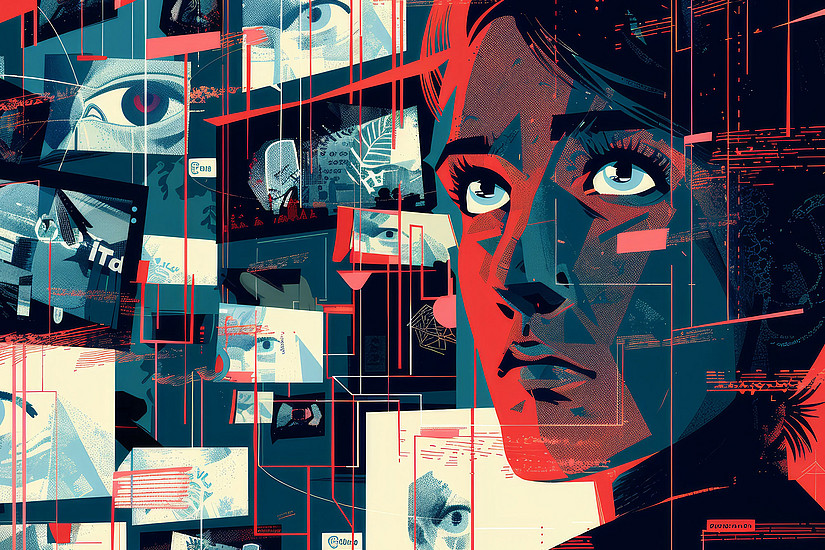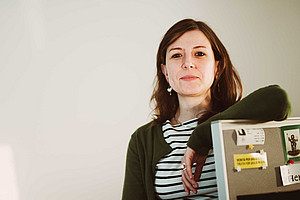Yes, it is mainly women who are captivated by true crime. This result of earlier studies in the Anglo-American area could now be confirmed for Austria by a study at the University of Graz. But that is not all that psychologists at the University of Graz want to know. In an online survey of around 600 people, they asked, among other things, about their motives for dealing with real crime cases. The average true crime consumption was around seven hours per week for women and around four hours per week for men. "75 per cent of the respondents said they wanted to understand the psychology behind the terrible acts. 30 per cent cited general curiosity as a motive, and almost 28 per cent a fundamental interest in the justice system, in police work and in criminal investigations," summarises project manager Corinna Perchtold-Stefan.
Making the incomprehensible comprehensible
The motive cited by most study participants shows: "True crime consumption is related to the need to resolve uncertainty. Investigating the crime, trying to understand it, makes the danger more tangible and thus more bearable. It gives you the feeling of knowing the threat and thus being better prepared for it in everyday life," explains Perchtold-Stefan.
The psychologists also looked inside the brains of 130 true crime fans in the MR scanner. "We saw that they had a particularly large number of connections in the regions associated with the need to experience, learn and understand new things. The same applies to brain regions associated with a sense of justice and moral considerations, empathy and creative emotion regulation," reports the project manager. The latter refers to the ability to control emotional states.
"True crime fans show a higher ability to deal with anxiety and stress in their daily lives. This could indicate a training mechanism through the playful engagement with crime," says Perchtold-Stefan. However, further studies are needed to test this hypothesis. The aim is to conduct a longitudinal study: "We want to observe how experience and behaviour, sense of security, aggressiveness and the way emotions are dealt with develop over the years," the psychologist plans. Does the intensive study of true crime make people more paranoid, stressed or aggressive? Or can it help some people to better manage anxiety and stress? Perchtold-Stefan hopes to answer these questions with longer-term research.
The project "Horror as a creative emotion regulation" is the first large-scale empirical study on true crime consumption. It was funded by the "Unconventional Research" programme of the Province of Styria.




